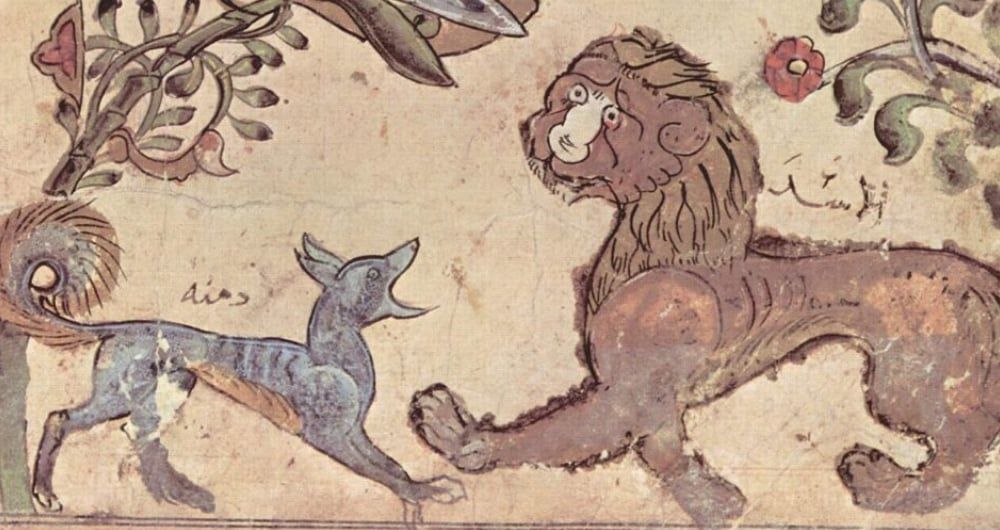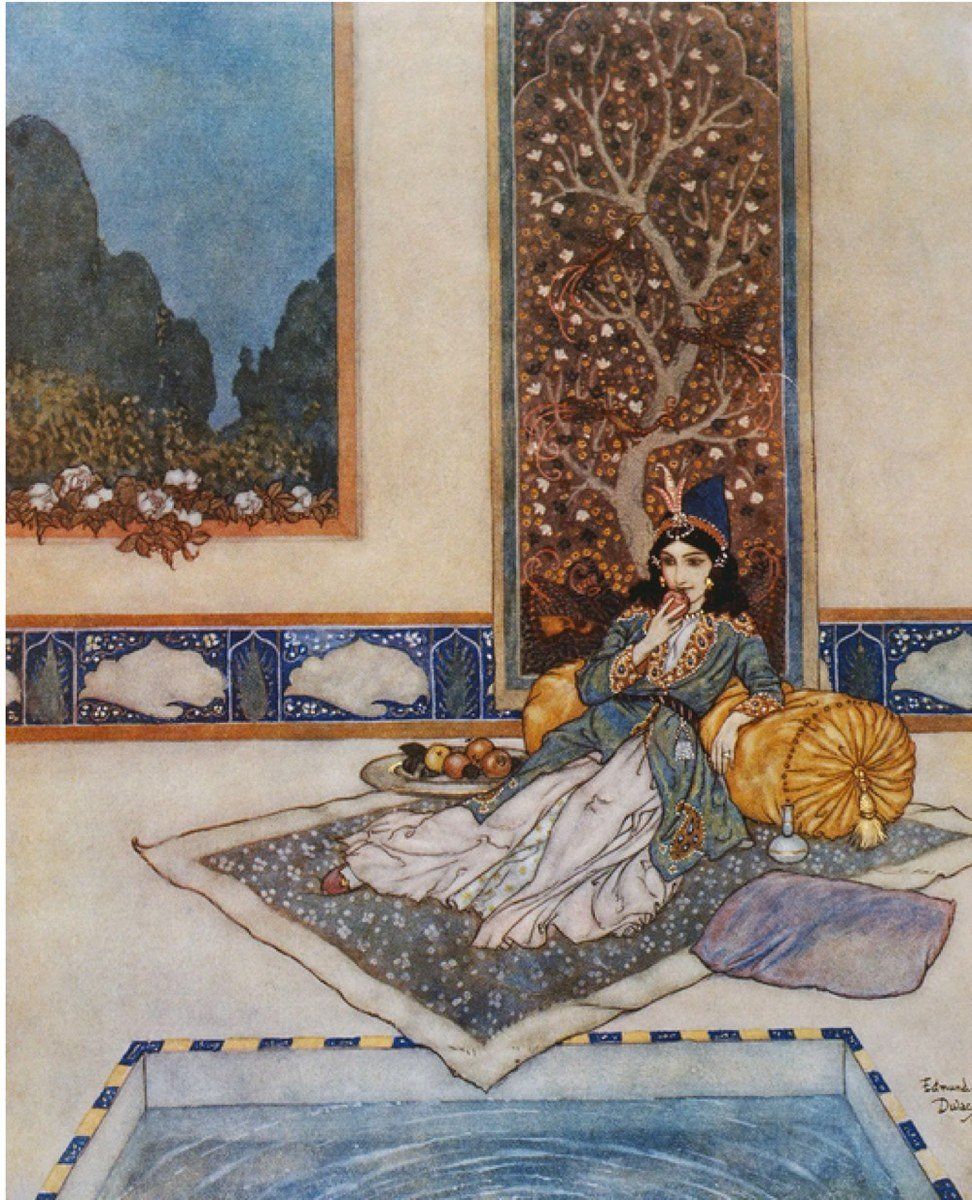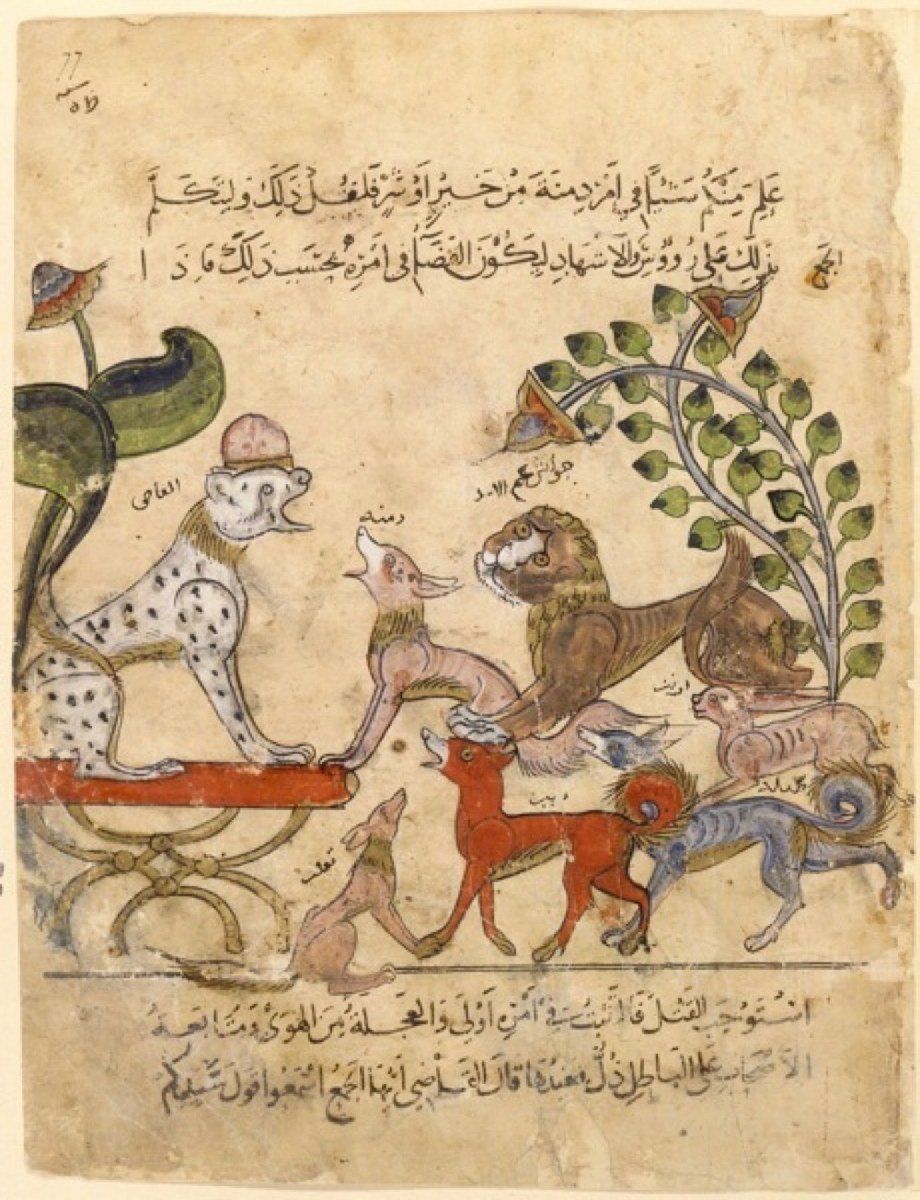
How Arabic literature and poetry have been influenced by themes of romantic love
Long before the advent of writing, it was common for Arabian tribesmen to impart important information to other members using oral poetry. The popularity of Arabian poetry stems from its emotional connection to the people; it reflects the complexities of life in the region. An old saying describes poetry as the “Arab’s book.”
For most Western readers, the world “literature” broadly suggests “imaginative literature” such as novels, short stories, folktales, drama, poetry, or their close equivalents in other cultures.
The Arabic equivalent of literature, or adab, is a considerably more complex term that embraces, in addition to literature, culture, etiquette, decency and humanity, and whose parameters, even in the literary context, coexist with those of the English term.
The emergence of modern Arabic literature in its distinct Arab flavor came after centuries of development and experimentation until it became what it is today. Arabic literature flourished in the 5th century and peaked during the Islamic Golden Age, sometime between the 7th-13th century AD, but many pre-Islamic poets rose to fame during the 6th century.
 The ancient Sanskrit Panchatantra was translated into Arabic in the eighth century.
The ancient Sanskrit Panchatantra was translated into Arabic in the eighth century.“The creativity of Saudi poets comes as an extension of an authentic literary experience of great historical depth,” Prince Badr said, adding that the land that is now known as Saudi Arabia “has embraced, since ancient times, the most important poets in the history of Arabic literature such as Imru Al-Qais, Maymun ibn Qays Al-A’sha, Al-Nabigha Al-Dhubyani, Zuhair bin Abi Salma, Antarah ibn Shaddad, Tarafa bin Al-Abd, Amr bin Kulthum and Labeed bin Rabia.”
Adab is the writing of both prose and poetry. The ghazal, or love poem, has a long history of being, at times, tender and chaste and, at other times explicit. Literary historians and critics believe that 70 percent of Arabic poetry is about romance.
Love narratives with romantic outpourings and vivid emotional sensibilities are predominant. Poetry enshrined and preserved some of the most epic love stories in Arabia, in which both fact and fiction mingle.
One of the oldest love stories of the pre-Islamic era told the tale of a forbidden and undying love that ended in the impossibility of marriage between a warrior-poet, Antarah ibn Shaddad, son of an Arab king and a black slave woman, and his beloved Ablah bint Malik.
Born in the central region of the Arabian Peninsula, Ibn Shaddad was known for his bravery and determination, yet his heroism went unnoticed when he asked for his cousin Ablah’s hand in marriage and received impossible requests from his uncle, who requested a dowry of 1,000 rare “bird camels” and more.
On his quest, Ibn Shaddad’s love for Ablah gave him the means to express this love through poetry.
O dear Abode (of the Beloved),
Should the clouds withhold their rain from you,
Let my tears then pour down on you instead
He spent years writing poetry about his beloved until he finally fulfilled his uncle’s demands and married Ablah.
The immortal love story of “Antar and Abla” has endured for more than 1,400 years, yet there is more to the tale’s hero than meets the eye. Ibn Shaddad was the author of one of the seven famed poems compiled in the 8th century known as hanging odes, or Al-Mu’allaqat, a collection of pre-Islamic poetry believed to have been inscribed in gold and hung off the walls of the Kaaba.
In them, poems of heroism and nobility were most common.
Similarly, the legendary epic 7th-century story of Qays ibn Al-Mulawwah and his love Layla Al-Aamiriya told of a man madly infatuated with Layla, a woman from another tribe.
 Scheherazade, daughter of King Shahryar’s vizier, serves as the narrator
of the classic ‘One Thousand and One Nights’ folk tales.
Scheherazade, daughter of King Shahryar’s vizier, serves as the narrator
of the classic ‘One Thousand and One Nights’ folk tales.
The two were denied a union, and Qays began writing and reciting his poems in public. People would gather around him, listen in awe to his outpourings and expressions of love and affection as he was continuously denied her hand in marriage due to conflicts between the two families.
Layla was ultimately forced to marry a wealthier merchant called Ward Althaqafi, belonging to the Thaqif tribe in Taif, leaving Qays to retreat to the desert to live the rest of his life in grief and solitude.
The broken-hearted lovers lived their remaining days with shattered hearts and full of sorrow.
Lonely and stricken with pain, Layla succumbed to death without being able to see Qays again. Upon hearing the news of her death, Qays journeyed until he reached her grave, where he cried inconsolably.
They tell me: “Crush the desire for Layla in your heart!”
But I implore thee, oh my God, let it grow even stronger.
My life shall be sacrificed for her beauty,
my blood shall be spilled freely for her,
and though I burn for her painfully, like a candle,
none of my days shall ever be free of this pain.
Let me love, oh my God, love for love’s sake,
and make my love a hundred times as great as it was
and as it is!
Even though some of the love stories might have been exaggerated versions of fictional oral narratives of familiar love stories, their aesthetic, poetic and historical value have transcended time.
The verses in which such stories were enshrined provide a deep insight into the evolution of poetry. As literary genres thrived elsewhere in the world, the ghazal remained the primary literary expression in Arab culture until the introduction of modern prose literary forms at the beginning of the 20th century.
As poetry was the primary form of literature for centuries, one of the most unique forms appeared during the years of the Islamic Golden Age, the One Thousand and One Nights. It is believed that the Middle Eastern folk tales were told by Scheherazade, a daughter of a minister who married King Shahrayar.

Every night, the king lay awake to listen to the stories until dawn, and the maiden, falling short of finishing her tales, would continue the next night. One exciting story followed the next, the king eagerly anticipated the ending of each account, and soon he fell in love with his storyteller and made her his queen.
As each tale segues into the next, the bulk of the text is in prose, although poetry is occasionally used for songs and riddles to express heightened emotion. Most poems are single couplets or quatrains, although some are longer.
For millennia, poetry in its many forms has been a pillar of Arabian culture. Such tales have not only transcended time but were widespread and glorified. Indeed, Arabic poetry has been central to the development and popularity of other forms of Arabian literature.
“Our country is the land of poets whose journey has been immortalized in the history of the Arabs for thousands of years, whether the poets of the pre-Islamic era or the poets of the era of early Islam and beyond,” Prince Badr said.
“Poetry was associated with the Arabs and their culture, and constitutes a source of historical documents on which historians and researchers relied to monitor historical events,” he said.











